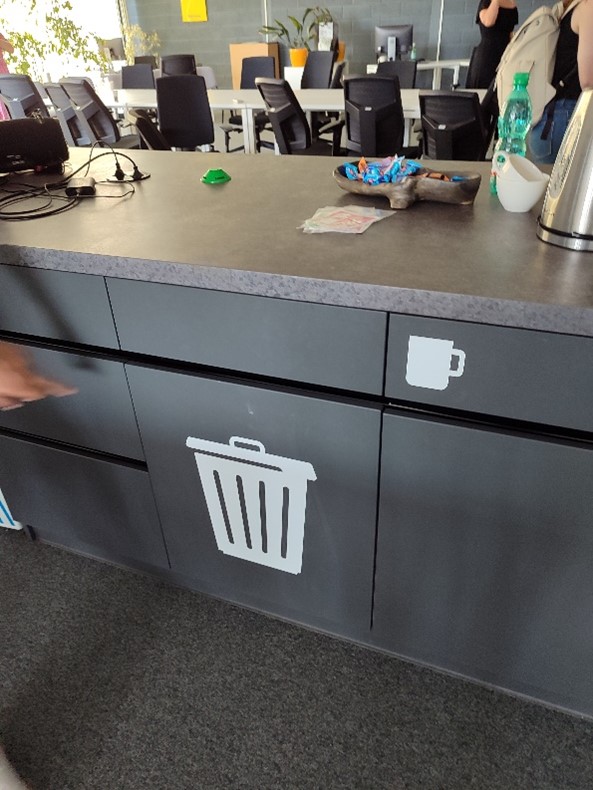Inorganic Waste Treatment



Inorganic waste treatment is a crucial process in managing the environmental impact of non-biodegradable materials generated on campus. The university has established a comprehensive approach to ensure that inorganic waste is handled efficiently and sustainably.
The total volume of inorganic waste produced amounts to 955 tons, which includes various materials such as paper, plastics, and other non-toxic items. The treatment process focuses on several key strategies:
1. Reduction
Efforts are made to minimize the amount of inorganic waste generated. This includes promoting digital solutions to reduce paper usage and encouraging the use of reusable containers.
2. Recycling
A significant portion of inorganic waste is recycled. For example, 350 tons of paper waste is processed through recycling initiatives, contributing to the conservation of resources and reduction of landfill waste. Soft and hard plastics are also collected and sent to recycling facilities to be transformed into new products.
3. Reusing
The university encourages practices that allow for the reuse of materials whenever possible. This includes using recycled paper for internal documents and implementing programs that promote the use of refillable containers.
4. Down-Cycling and Up-Cycling
Some materials are down-cycled, where they are processed into lower-quality products, while others are up-cycled into higher-quality items. This approach not only extends the life of the materials but also promotes creativity and sustainability within the campus community.
5. Education and Awareness
The university conducts educational campaigns to raise awareness about the importance of inorganic waste treatment. These initiatives encourage students, staff, and faculty to participate actively in recycling and reduction efforts.
By implementing these strategies, the university aims to minimize its ecological footprint, enhance waste management practices, and foster a culture of sustainability within the campus community. The ongoing commitment to treating inorganic waste effectively is essential for promoting environmental stewardship and ensuring a cleaner, greener future for all.
